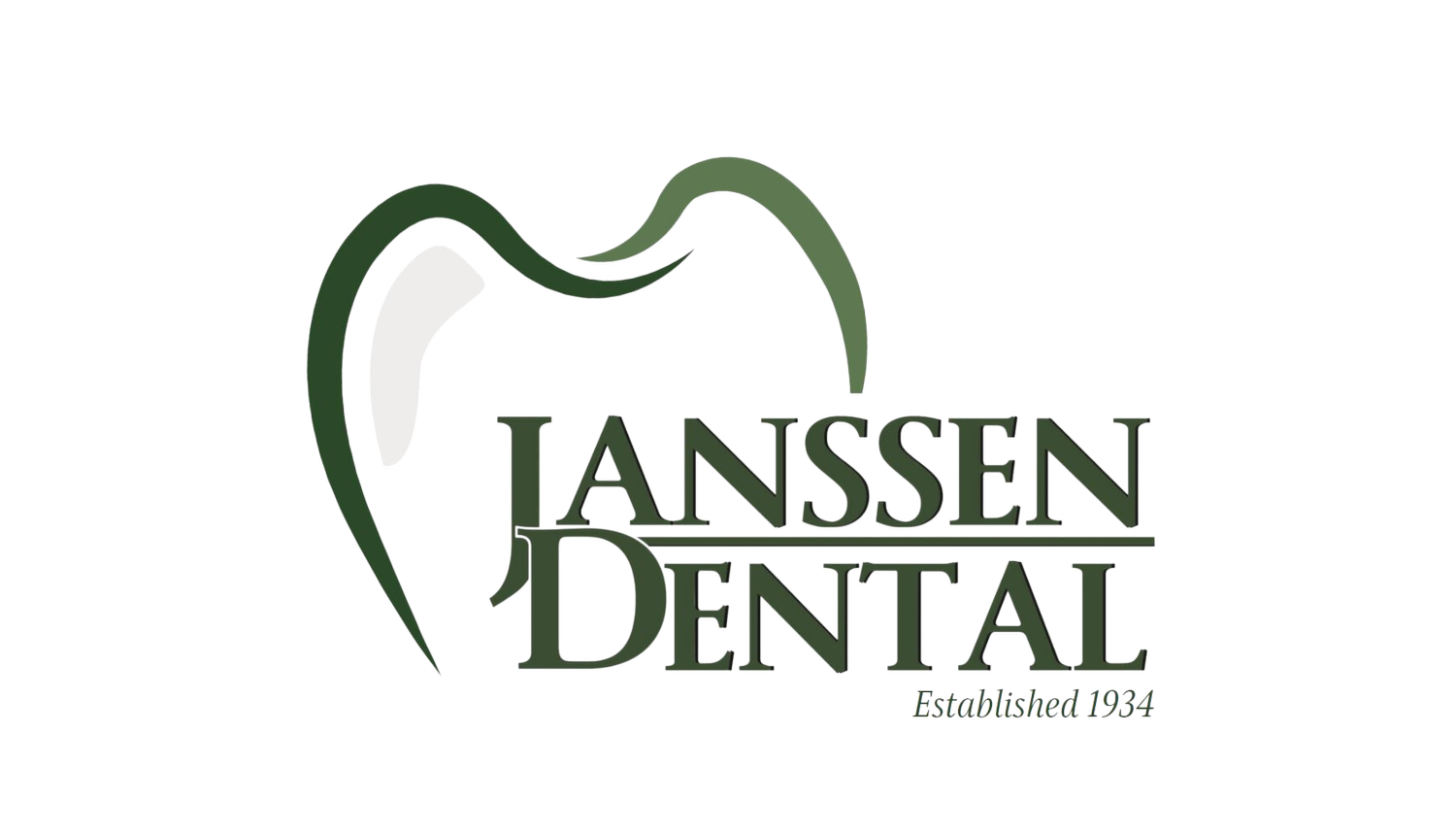Naturopathic and Home Remedies for Common Tooth Problems
Taking care of your teeth is essential to maintaining overall health, but sometimes dental issues can arise, and a trip to the dentist might not always be immediately possible. While professional care is always recommended for serious issues, there are several naturopathic and home remedies that can help alleviate common tooth problems in the meantime. Let's explore some of these holistic approaches that may provide relief.
1. Clove Oil for Toothache Relief
Clove oil has been used for centuries as a remedy for toothaches due to its powerful anti-inflammatory and analgesic properties. The primary component, eugenol, acts as a natural anesthetic. To use clove oil:
- Dilute a few drops of clove oil with a carrier oil (like coconut or olive oil).
- Apply the mixture to the affected tooth and gums using a cotton ball.
- You can repeat this process 2-3 times a day for relief.
2. Salt Water Rinse for Sore Gums
A simple salt water rinse can provide relief from sore gums and also help fight infection. Salt has natural antibacterial properties, which makes it an effective remedy for mild gum inflammation or irritation.
- Dissolve ½ teaspoon of salt in a glass of warm water.
- Swish the solution in your mouth for 30 seconds to a minute.
- Spit it out and repeat twice a day.
This remedy helps reduce bacteria in the mouth and soothes inflamed tissues, promoting faster healing.
3. Turmeric Paste for Gum Health
Turmeric is known for its strong anti-inflammatory and antibacterial properties, making it a popular naturopathic remedy for gum issues and tooth pain.
- Mix 1 teaspoon of turmeric powder with water to make a thick paste.
- Apply the paste to the gums and teeth and let it sit for about 10 minutes.
- Rinse thoroughly with warm water.
Regular use of turmeric paste may help reduce gum inflammation and prevent infection.
4. Peppermint Tea for Soothing Tooth Sensitivity
Peppermint contains menthol, which has numbing properties that can help relieve tooth sensitivity and reduce discomfort. Peppermint tea can be used as a gentle mouth rinse to alleviate pain from sensitive teeth.
- Brew a cup of peppermint tea and allow it to cool.
- Swish the tea in your mouth for about 30 seconds.
- Repeat a couple of times daily for relief.
The cooling sensation of peppermint can provide temporary relief from discomfort while promoting oral health.
5. Garlic for Tooth Infections
Garlic is a well-known natural antibiotic and is especially effective in managing mild tooth infections or abscesses. Its antimicrobial properties help kill harmful bacteria, which can reduce pain and infection.
- Crush a garlic clove and mix it with a little salt to make a paste.
- Apply this paste directly to the affected tooth.
- Let it sit for a few minutes, then rinse your mouth thoroughly.
Garlic may have a strong odor, but its healing benefits make it a valuable addition to your naturopathic toolkit.
6. Coconut Oil Pulling for Oral Detoxification
Oil pulling is an ancient Ayurvedic practice that involves swishing oil (usually coconut oil) around the mouth to help remove toxins and bacteria. It’s thought to improve oral hygiene and can assist with issues like bad breath and plaque buildup.
- Take a tablespoon of coconut oil and swish it in your mouth for 10-20 minutes.
- Spit out the oil (do not swallow), and rinse your mouth with warm water.
Oil pulling is not a quick fix but may help support long-term oral health by reducing harmful bacteria.
7. Cold Compress for Swelling
If you have swelling due to an infection or an injury, a cold compress can help reduce inflammation and numb the area. This is especially useful if you're experiencing swelling along the jawline or cheeks.
- Place ice in a cloth or use a commercial cold compress.
- Apply to the outside of the affected area for 15-20 minutes at a time.
While this won’t treat the underlying issue, it provides temporary relief from swelling and pain.
When to See a Dentist
While these naturopathic and home remedies can offer temporary relief for minor issues, they are not substitutes for professional dental care. It's essential to visit your dentist if:
- The pain persists or worsens after using home remedies.
- You notice signs of infection, such as fever, swelling, or pus.
- There's severe tooth damage or decay.
- You experience bleeding that won't stop.
Naturopathic remedies can be a great way to manage minor discomfort and maintain oral health, but always ensure you’re seeking professional care for more serious conditions. These natural solutions work best in conjunction with good oral hygiene and regular dental check-ups.
About Janssen Dental Clinic in Green Bay, Wisconsin
Janssen Dental Clinic features the dental expertise of Dr. Craig Janssen, a third-generation dentist serving patients in Green Bay, Wisconsin, and the surrounding area. Dr. Craig and his staff specialize in oral health as a component of overall well-being, a philosophy of care known as biological dentistry. They have expertise in reducing the fear and anxiety that people of all ages feel over going to the dentist, with services ranging from routine cleanings to restorative and cosmetic procedures. Call (920) 983-8383 to schedule an appointment. New patients are always welcome.

